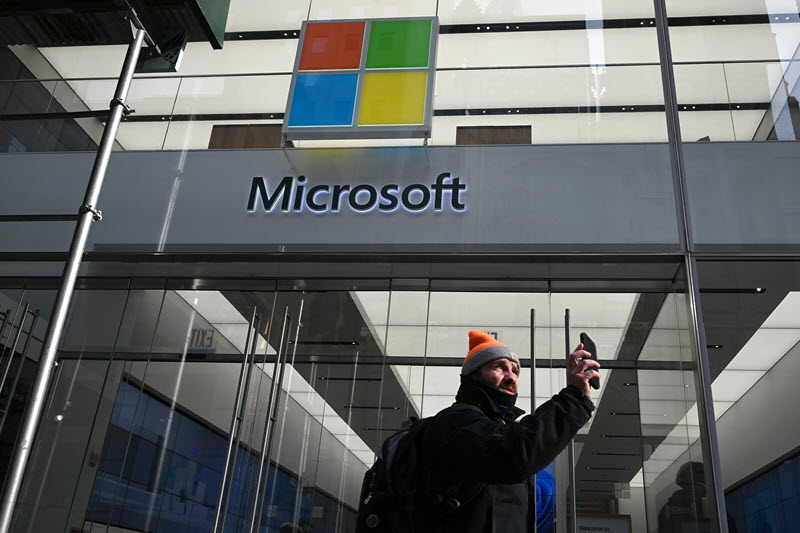Benzinga - ChatGPT creator OpenAI reportedly used Kenyan laborers for less than $2 per hour to make its artificial intelligence-powered chatbot less toxic.
What Happened: In order to sniff out toxic language, the AI needed to be fed samples of violence, hate speech, and sexual abuse so that such instances could be filtered out using an inbuilt detector, reported TIME.
To get those labels, OpenAI reportedly sent thousands of text snippets to an outsourcing company in Kenya starting in November 2021, with examples that included child sexual abuse, bestiality, murder, and suicide.
OpenAI’s outsourcing partner was reportedly named Sama, a San Francisco-based company that employs workers in Kenya, Uganda, and India. It also works with tech giants such as Alphabet Inc's (NASDAQ: GOOGL) (NASDAQ GOOG) Google, social media goliath Meta Platforms Inc (NASDAQ: META), and Microsoft Corporation (NASDAQ: MSFT), as per TIME.
OpenAI reportedly signed three contracts worth $200,000 with Sama to label text-based descriptions of abuse, hate speech, and violence.
Three dozen workers were split into three teams, with each focusing on one subject. Three employees told TIME they were expected to read and label hundreds of passages in a nine-hour shift.
“We take the mental health of our employees and those of our contractors very seriously,” an OpenAI spokesperson was quoted as saying by TIME.
The company said its “previous understanding" was wellness programs and 1:1 counseling were offered to workers and that they could “opt out of any work without penalization.”
OpenAI and Sama did not immediately respond to Benzinga’s request for comment.
Why It Matters: Microsoft is reportedly negotiating a $10 billion investment in OpenAI, which would value the company at $29 billion. In 2019, the Satya Nadella-led company invested $1 billion in OpenAI.
Four employees interviewed by TIME said they were mentally scarred by the work even though they could potentially attend sessions with wellness counselors, according to the report.
The most junior laborers were reportedly paid a basic salary of 21,000 KES ($170) per month and received a monthly bonus of nearly $70.
Agents working nine-hour shifts could take home a minimum of $1.32 per hour after tax, with pay rising as high as $1.44 per hour if they exceeded their targets, according to TIME.
Senior laborers, termed quality analysts, could take home up to $2 per hour if they met their targets.
A Sama spokesperson said workers were asked to label 70 text passages per nine-hour shift and could earn between $1.46 and $3.74 per hour after taxes, according to the report.
OpenAI said it did not issue any productivity targets and Sama was responsible for managing workers' payment and mental health provisions.
Fallout: The TIME report tracked the ups and downs in the relationship between OpenAI and Sama, which fell apart over images related to child sexual abuse in a separate project.
Sama’s decision to stop working with OpenAI meant employees had to work on lower-paying workstreams minus the $70 explicit content bonus, while some staff lost their work.
Since the contract between the two companies ended early, OpenAI told TIME the contract was worth $150,000 throughout its entirety.
It should be noted that Sama is the same company that Facebook used for content moderation. Employees were paid as little as $1.50 per hour for moderating content linked to the social media app.
Read Next: Meta's African Content Moderation Partner Closes Down Operations
© 2023 Benzinga.com. Benzinga does not provide investment advice. All rights reserved.
